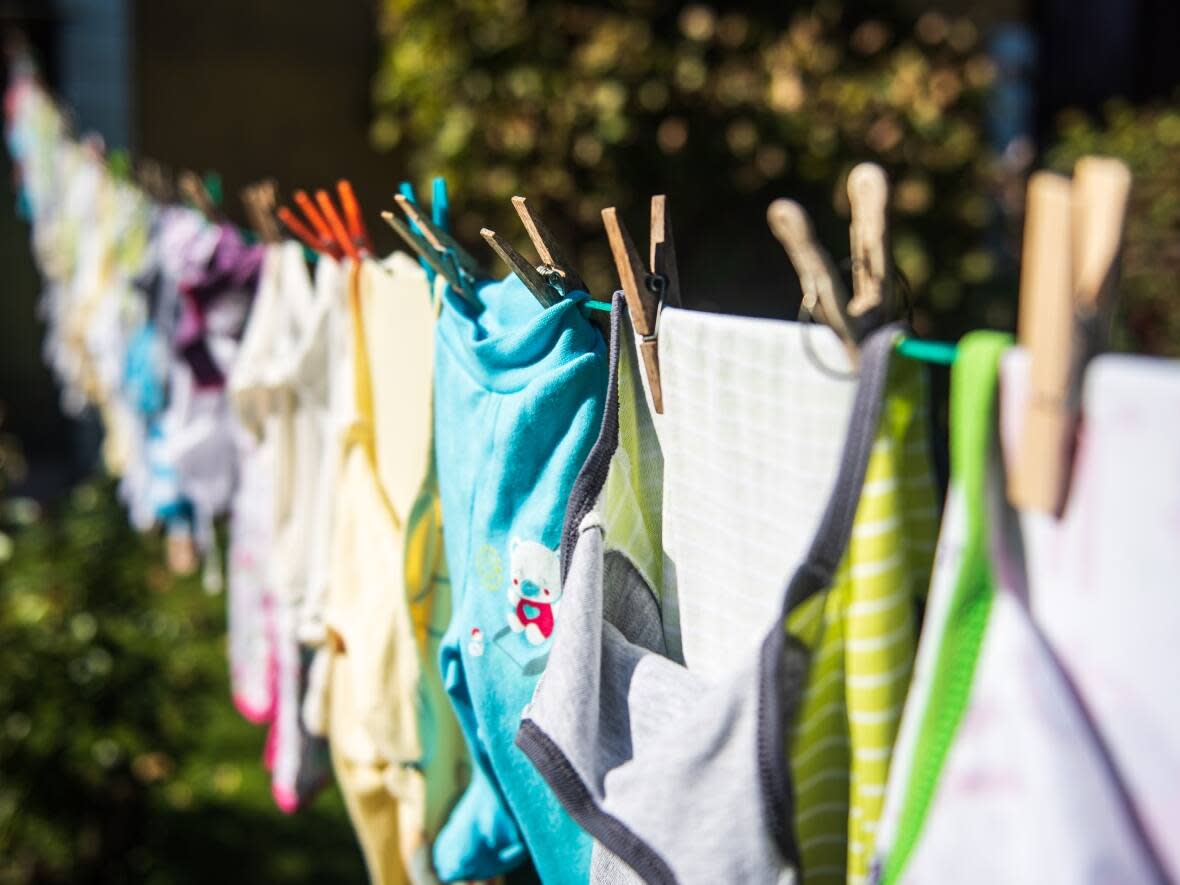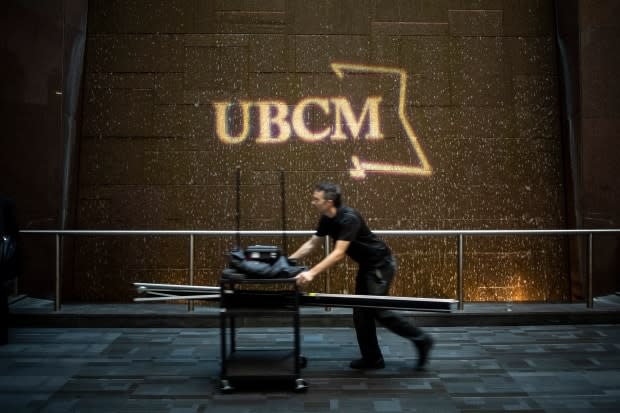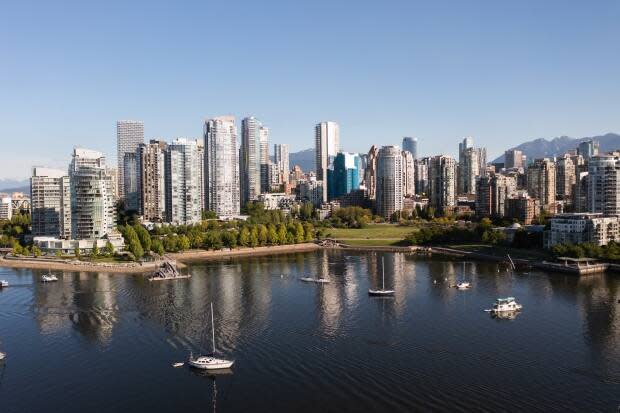UBCM members endorse resolution supporting clotheslines to cut energy consumption

In countries around the world, clothes are often dried outdoors under the warm sun, but in B.C. strict bylaws keep many residents from setting up a clothesline or putting out a drying rack.
However, a new resolution called the clothesline act was endorsed at last week's Union of B.C. Municipalities. It seeks "to ensure that no law, bylaw, covenant or agreement prevents, prohibits or unreasonably restricts the installation or use of a clothesline outdoors."
The resolution recommends nothing prohibit residents from using clotheslines outdoors at a single-family dwelling or on the ground floor of a multi-unit residential building. It also states that people shouldn't be prevented from using drying racks on outdoor balconies.
The idea was first brought to Powell River city council through its Climate Change Committee. Coun. Carole Ann Leishman says, given the climate emergency, the resolution is a no-brainer.
"It just makes complete sense, it reduces our energy load … it just saves people costs, not having to run their dryer," she said.
B.C. Hydro says clothes dryers typically use more energy than any other major appliance, can account for up to 12 per cent of a household's electricity usage and are found in 85 per cent of customers' homes.
Now that the resolution has been endorsed, UBCM members will ask the provincial government to take it up.
Reducing energy consumption
A clothesline act isn't a new concept. The law already exists elsewhere in Canada.
In 2010, Nova Scotia introduced a clothesline act to reduce energy consumption, as well as greenhouse gases and other emissions.
"There is a movement all across North America," said Rob Baxter with the Society Promoting Environmental Conservation
He says several U.S. states have also enacted similar laws.

At the B.C. legislature, cutting energy consumption has been top of mind for over a decade. The 2010 Clean Energy Act set a clear objective of reducing B.C.'s expected increase in energy consumption by 66 per cent.
"This is something that is simple, inexpensive and easy to do for us to reduce our energy usage," he said.
Tanushree Pillai never thought twice about hanging her children's clothes up to dry on her New Westminster balcony.
With her children in swimming lessons, she says it didn't make sense to throw their swimsuits and underwear in the laundry machine when there was nothing else to dry.
Then, she was sent a letter from her strata council, warning her she needed to meet them in person and explain why she was breaking the bylaw. Failure to do so, it warned, would result in a fine.
"I was just so shocked that there's a ban. I mean, it's 2022. We're in a climate emergency."
Having grown up in India, she says drying clothes outdoors is natural.
"I think we are just scared of seeing other people's underwear, to be honest," she said.
She also says it unfairly disadvantages people in poverty who may not have the financial comfort to throw in a load of laundry every day.
"It's classist. It's elitist. It's othering [leaving on the outside] people who can't afford," said Pillai.

Impacts of clotheslines
Tony Gioventu, the executive director of the Condominium Homeowners Association of B.C., says that while most stratas are generally flexible when it comes to drying racks, bylaws are in place for clotheslines for several reasons, including building damage and property values.
He says clotheslines that need to be fixed to the exteriors of buildings can often cause envelope damage and long-term impacts.
Meanwhile, the esthetic of one unit, he says, can impact the value of those around them.
"One of the indications around property value is going to be the general curb appeal. What does the building look like," said Gioventu.
"The appearance of the building does change when you start to introduce things like drying racks and clotheslines on buildings."
And even if the province were to pass the clothesline act, Gioventu says residents will likely need their strata corporation to approve alteration agreements to install clothesline posts on limited or common properties, and he says there's no guarantee stratas will grant those wishes.


